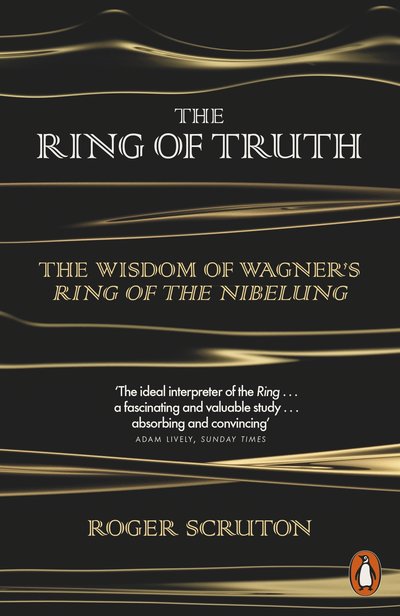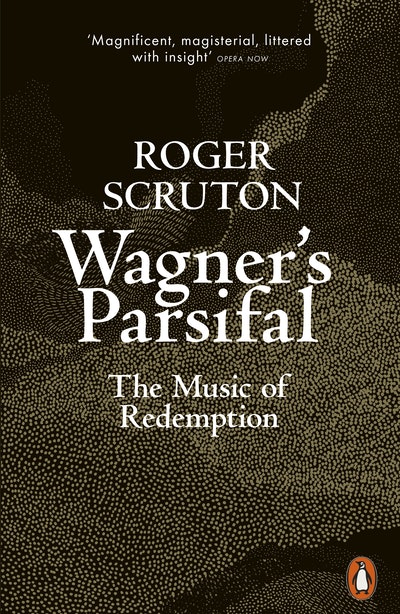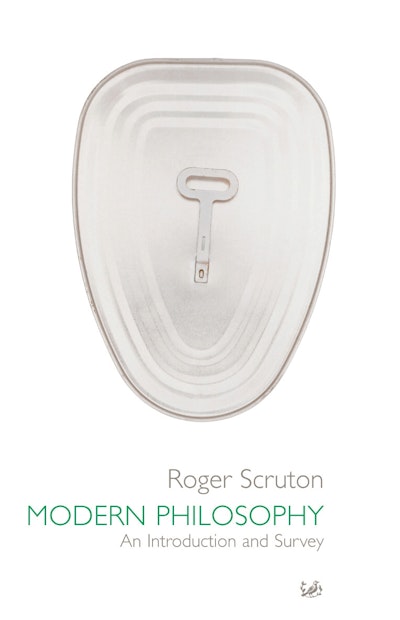[]
The Ring of Truth
The Wisdom of Wagner's Ring of the Nibelung
Formats & editions
Buy from…
- Published: 9 June 2016
- ISBN: 9780241188569
- Imprint: Penguin eBooks
- Format: EBook
- Pages: 368
a masterpiece, all told the best book on Wagner I have ever read
Michael Tanner, Literary Review




